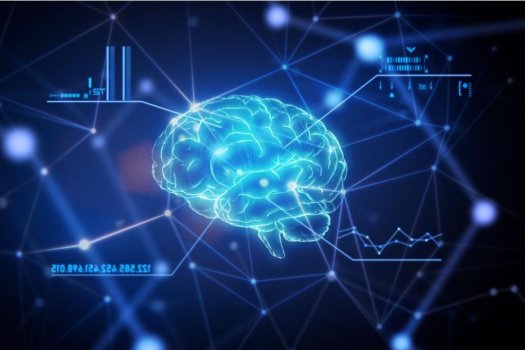New ethical and moral questions continue to emerge as we expand how we use artificial intelligence in business and government. This is undoubtedly a good thing. Developing new technologies without incorporating ethics, morals or values would be careless at best, catastrophic at worst.
This is also a gray area. For years, I’ve used “ethical AI” as a catchall phrase for the standards and practices that principled organizations should build into their data science programs. But what exactly is ethical? What is moral? According to whom?
Ethics are principles of right and wrong, usually recognized by certain institutions, that shape individuals’ behavior. Morals are shared social or cultural beliefs that dictate what is right or wrong for individuals or groups. You don’t need to be moral to be ethical, and vice versa, though the two terms are often used interchangeably.
This quandary leads to the needful shift in framework, one that focuses on “responsible AI” to better capture these nuanced and evolving ideas.
Continue reading: https://www.forbes.com/sites/forbestechcouncil/2021/09/01/six-essential-elements-of-a-responsible-ai-model/?sh=ce60abd56cf4
This is also a gray area. For years, I’ve used “ethical AI” as a catchall phrase for the standards and practices that principled organizations should build into their data science programs. But what exactly is ethical? What is moral? According to whom?
Ethics are principles of right and wrong, usually recognized by certain institutions, that shape individuals’ behavior. Morals are shared social or cultural beliefs that dictate what is right or wrong for individuals or groups. You don’t need to be moral to be ethical, and vice versa, though the two terms are often used interchangeably.
This quandary leads to the needful shift in framework, one that focuses on “responsible AI” to better capture these nuanced and evolving ideas.
Continue reading: https://www.forbes.com/sites/forbestechcouncil/2021/09/01/six-essential-elements-of-a-responsible-ai-model/?sh=ce60abd56cf4

